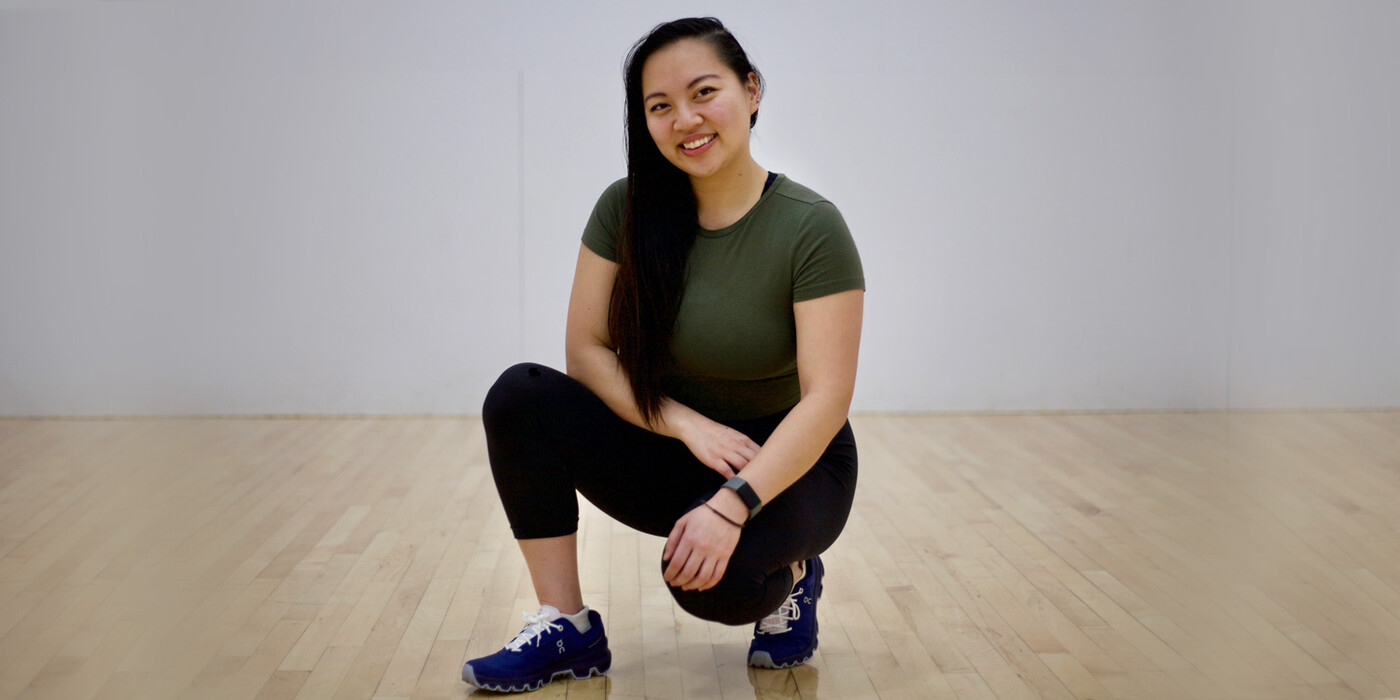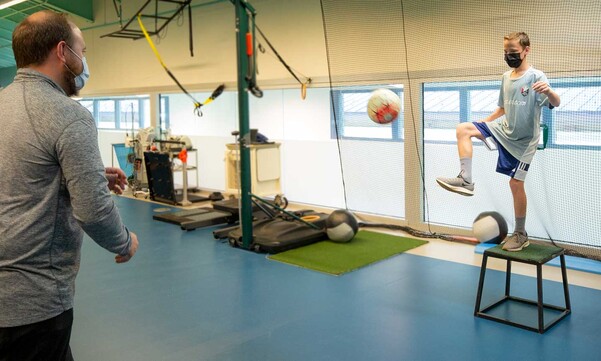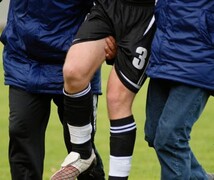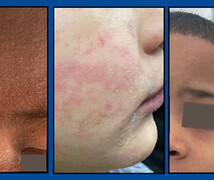When 28-year-old Frances Yu tore her ACL, she thought traditional reconstruction surgery was her only option. Then she learned about a new procedure that would allow her torn ACL to heal itself and eliminate the need to take graft tissue from another part of her body. She reached out to Brian Lau, MD, an orthopaedic surgeon at Duke Health, who is one of the few surgeons in the region performing bridge-enhanced ACL repair (BEAR). Less than four months after surgery, Yu is back to work with no limitations and on track to make a full recovery.
Exploring Alternatives to Traditional ACL Reconstruction
As a third-year medical resident in Monroe, NC, Yu enjoyed rock climbing to decompress from her demanding job. A fall in August 2022 changed everything. “I felt my right leg give out and was in extreme pain,” she recalled. After being diagnosed with a torn ACL, she consulted several local surgeons who all recommended traditional ACL reconstruction surgery. Yu knew this meant sacrificing tissue from her knee, quadriceps, or hamstring to replace her ruptured ACL, then rehabilitating her ACL as well as the area where the graft tissue was removed. She reluctantly scheduled the surgery but began researching alternatives and discovered the BEAR procedure, which was approved by the FDA in late 2020.
Allowing the ACL to Heal Itself
Patients must meet specific criteria to have the BEAR procedure, explained Dr. Lau, who is specially trained to perform the operation. “It has to take place within 50 days of the injury, and there must be sufficient ACL tissue remaining,” he said. During the BEAR procedure, stitches are placed in the torn ends of the ACL. Then the sponge-like BEAR implant is injected with the patient’s own blood and placed in the gap. Additional stitching holds the device in place. Within eight weeks, the body absorbs the implant and replaces it with new tissue that gets stronger over time.
Bridge-enhanced ACL repair (BEAR) is a new FDA-approved procedure that allows a torn ACL to heal itself and does not require graft tissue to be taken from another part of the body. Duke Health is one of the few centers in the U.S. to offer the BEAR procedure.
Virtual Appointment and a Successful Surgery
With the 50-day deadline fast approaching, Yu reached out to Dr. Lau, who got back to her the next day. Because she lived three hours away, their first appointment was virtual. “I knew immediately that he was the right surgeon for me,” she said. “He even refined the procedure to make it more streamlined. I was blown away.”
Yu had the 45-minute BEAR procedure on September 22, 2022. “I was so nervous, but the whole experience was just a delight,” she recalled. “The nurses, the staff, the anesthesiologists, everyone was just so calm and professional.” She went home the same day and began physical therapy a few weeks later.
Innovative Thinking Advances Medicine
Today, Yu is back to work and planning her next rock-climbing session. “I feel great,” she said. “Compared to people who had ACL reconstruction, I can stand on one leg a lot faster and hold my balance for longer.” She is also thankful for the care she received at Duke. “Dr. Lau’s forward-minded thinking is how we make advancements in medicine. I’m so happy I could be a part of that.”




